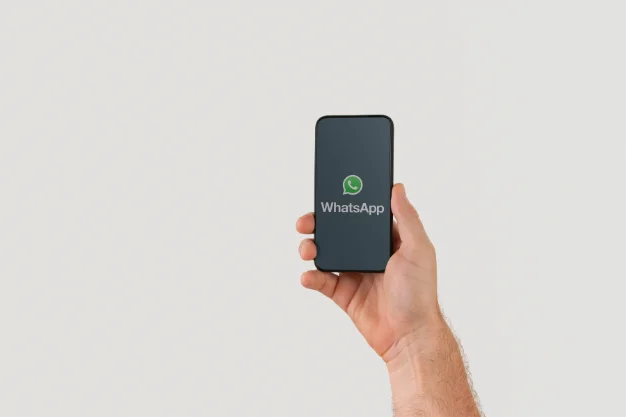In the digital age, data has become a commodity that is sought after by many. We use the internet to communicate, work, and even shop. However, with the ease of access to data comes the risk of interception. Hackers and cybercriminals have become more sophisticated, and it is becoming increasingly difficult to keep our data secure. There are various ways data can be intercepted but there are also some precautions you can take to avoid falling prey to these attacks.
- One common way data can be intercepted is through a Man-in-the-Middle (MitM) attack. This attack, a hacker intercepts the communication between two parties and can steal or alter the data being transmitted. This can happen when you use an unsecured Wi-Fi network or when visiting a fake website that looks legitimate.
- Another way data can be intercepted is through shoulder surfing. This is when someone looks over your shoulder to see what you are typing, such as when you are entering your password or credit card information in a public place.
- Fake Wi-Fi networks are another common way data can be intercepted. Hackers create fake Wi-Fi networks that look legitimate, but when you connect to them, they can intercept your data and steal sensitive information.
- Fake websites are also used to intercept data. Hackers create fake websites that look like legitimate ones, but when you enter your information, it goes directly to the hacker.
As we have seen there are several ways in which our data can gets stolen. Thus keeping our data and data transfers safe can become quite tricky. But here are some ways to make your data less vulnerable to inception.
- Use HTTPS: When visiting a website, always look for the HTTPS in the URL. This indicates that the website is using a secure connection.
- Use a VPN: A virtual private network (VPN) can encrypt your internet connection and keep your data secure.
- Cover your screen: When entering sensitive information in public, cover your screen to prevent shoulder surfing.
- Use two-factor authentication: Two-factor authentication adds an extra layer of security to your accounts by requiring a second form of verification.
- Update your software: Keep your operating system and software up to date to ensure you have the latest security patches.
- Use a password manager: A password manager can create strong, unique passwords for each of your accounts and store them securely.
- Avoid public Wi-Fi: Whenever possible, avoid using public Wi-Fi networks. If you must use them, use a VPN.
- Use a firewall: A firewall can help protect your computer from unauthorized access.
- Be wary of phishing scams: Phishing scams are attempts to trick you into giving up your personal information. Be suspicious of any email or message that asks for your password or other sensitive information.
- Be cautious with links: Don’t click on links in emails or messages unless you are sure they are legitimate.
Data interception is a serious threat in today’s digital age. By understanding the various ways data can be intercepted and taking steps to protect yourself, you can help keep your data secure. However, you can always reach out to the experts for more efficient solutions. Voilawex is a digital marketing expert and can provide you with highly secure web solutions. For more details, visit https://voilawex.com/











